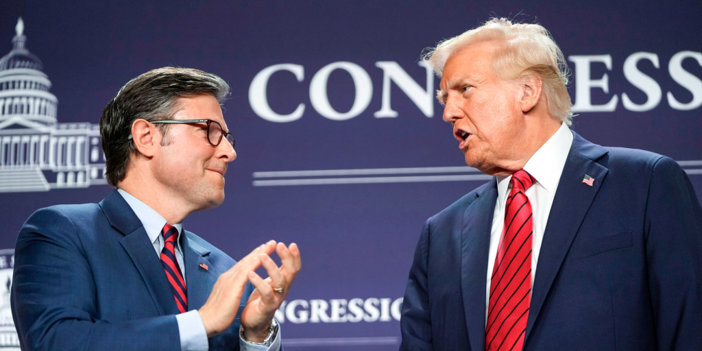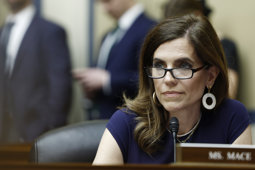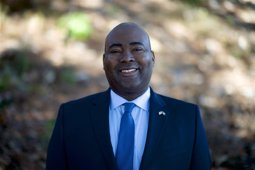
Senate GOP Plans Second Budget Reconciliation
Senate GOP eyes another budget reconciliation after Trump’s $3.3T bill, facing tight deadlines and internal divisions.
Republicans Move Toward Another Budget Reconciliation
Senate Republicans are preparing to enter another round of budget reconciliation just weeks after narrowly passing President Donald Trump’s $3.3 trillion “big, beautiful bill.” The landmark legislation, which made Trump’s 2017 tax cuts permanent and added billions in spending for defense and border security, passed only with Vice President JD Vance’s crucial vote. Now, lawmakers are weighing whether they can leverage reconciliation again to advance further fiscal priorities before the 2026 midterm elections.
Key figures in the Senate, including Wisconsin’s Ron Johnson, say they have strong assurances from both the White House and GOP leadership that another effort will be made. “I think I have a commitment,” Johnson said. “We’ll set up a process step by step, program by program.” Johnson, who was initially hesitant but ultimately supported the last bill, emphasized his desire to be more actively involved in this round.
Florida Senator Rick Scott, another fiscal hawk who initially opposed but ultimately voted for the bill, told reporters, “I think we definitely need to do another one this year—let’s see what happens.”
Internal Debates and Legislative Hurdles Ahead
The reconciliation process, which allows the Senate to bypass the 60-vote filibuster threshold but requires strict adherence to chamber rules, is now being mapped out as senators eye the new fiscal year beginning in October. House Speaker Mike Johnson and his allies have voiced support for another package, while Ron Johnson told Fox News that a second—and even a third—deal could arrive in the coming year.
Some Republican lawmakers, such as Representative Ralph Norman, say further spending cuts and reductions to government assistance should be prioritized, especially given the compressed timeline before the 2026 elections. Norman stated, “If there’s a chance to get this done, we need to do it now—midterms are coming up.”
However, enthusiasm is not universal. While some House leaders believe a dual-track approach to multiple bills is unworkable in their chamber, the Senate faces its own obstacles—including advancing a $9.4 billion clawback package already facing resistance among GOP members. Senate Majority Leader John Thune remains open to a new reconciliation bill but is focused on implementing the previous legislation and its effects.
Oklahoma Senator Markwayne Mullin voiced support for further efforts but acknowledged that lawmakers must first resolve looming government funding battles with Democrats. Senate appropriators are currently working to finalize the dozen bills needed to keep the government running, and Mullin suggested that another short-term funding extension could be on the horizon if an agreement is not reached.
Even so, not all Republicans are eager for another drawn-out reconciliation. Alaska Senator Lisa Murkowski, whose support was pivotal in the last round after key provisions were added for her state, expressed little appetite for repeating the process, saying, “No, no. I want to legislate.”
With party divisions, tight deadlines, and high stakes in the run-up to the 2026 midterms, the coming months will test Republicans’ unity and their ability to enact another sweeping budget measure. The debate will likely shape the legislative and political landscape leading into the next election cycle.






